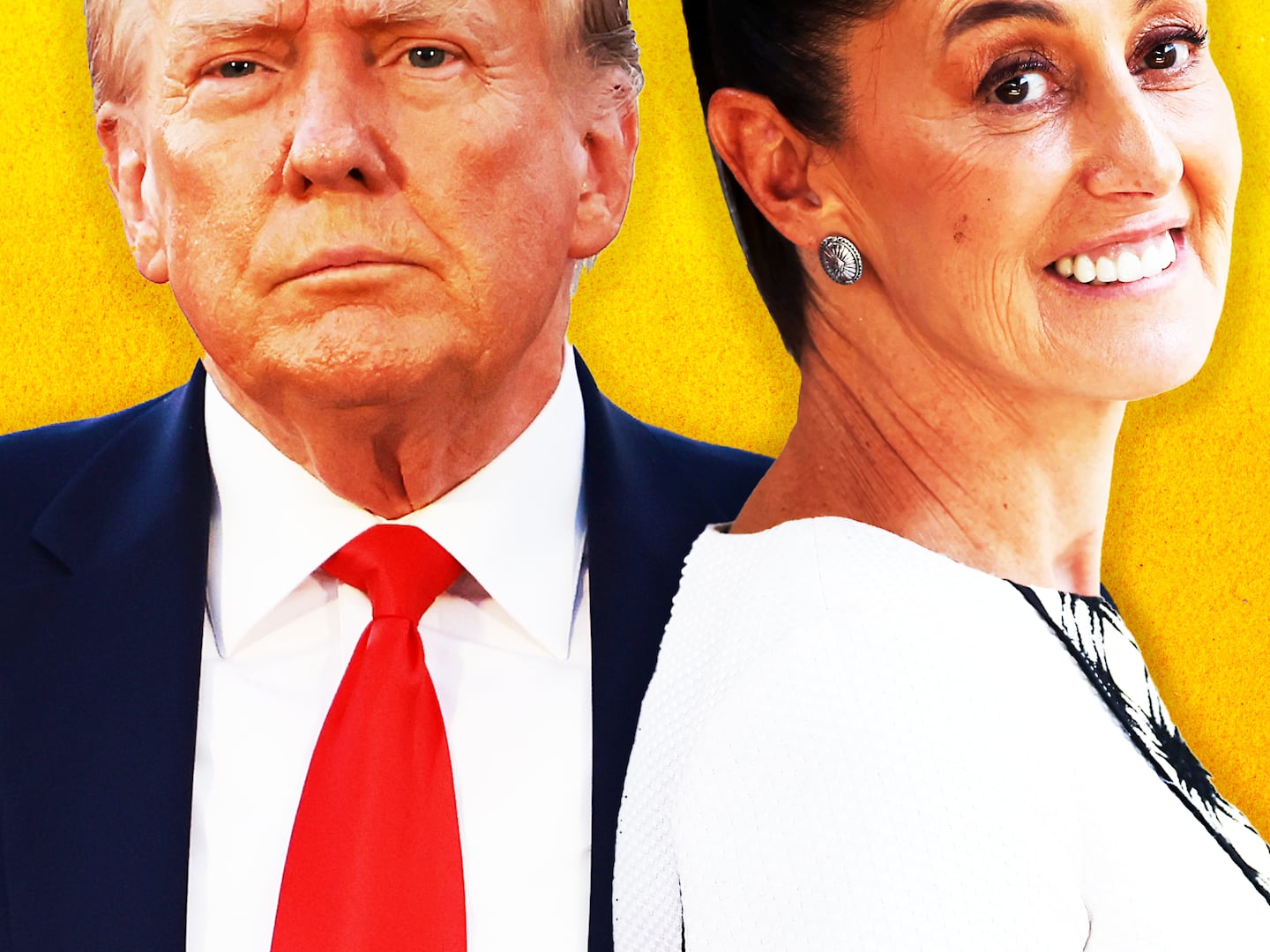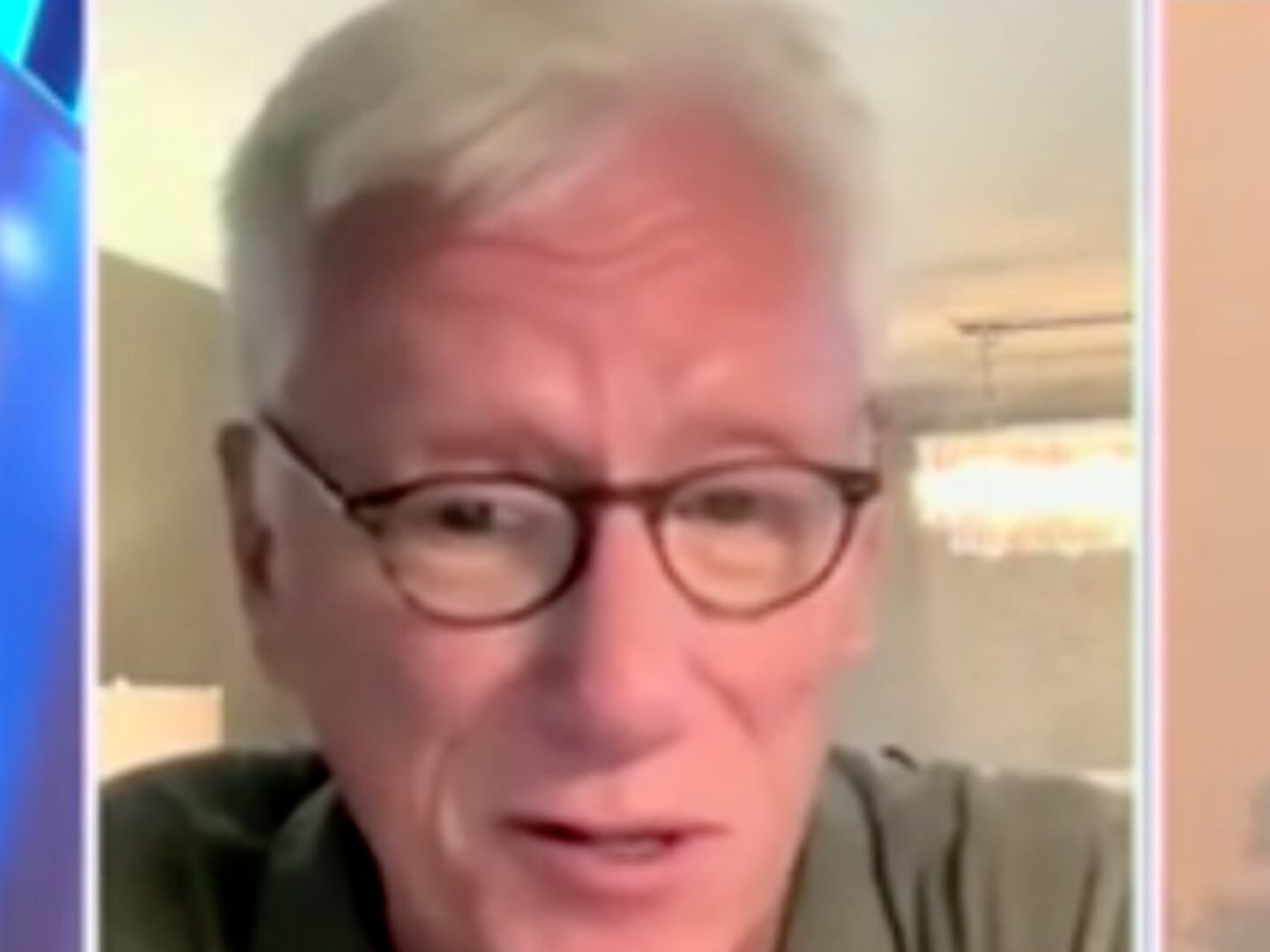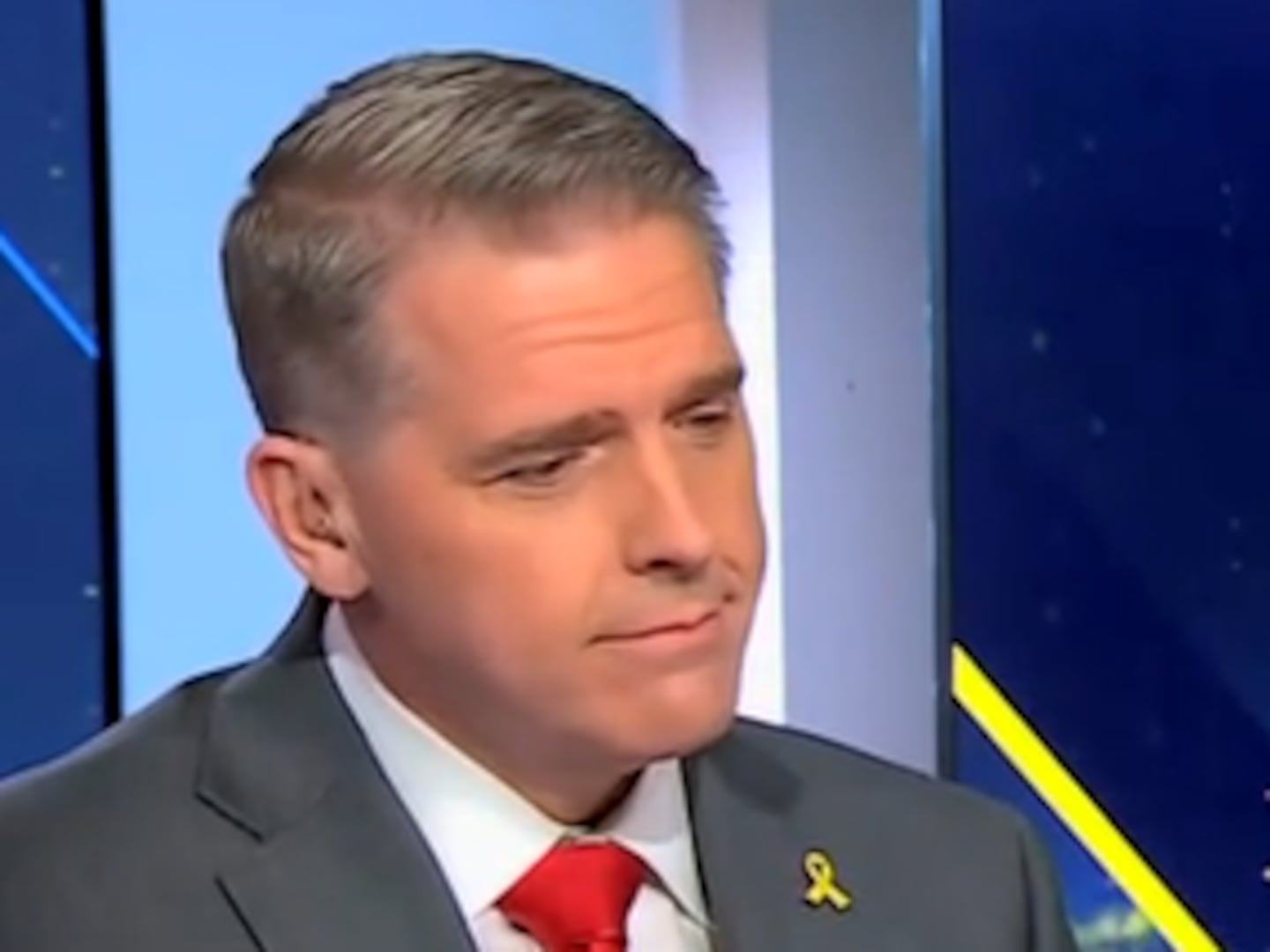Trumpland
Oliver Contreras/SIPA USA/Bloomberg via Getty Images
White Guys Get Pardons, Black Folks Get a Super Bowl Commercial
TRUMP JUSTICE
Trump has been making overtures to African-American voters on criminal justice. But it turns out that’s just on TV.
opinion

Trending Now




